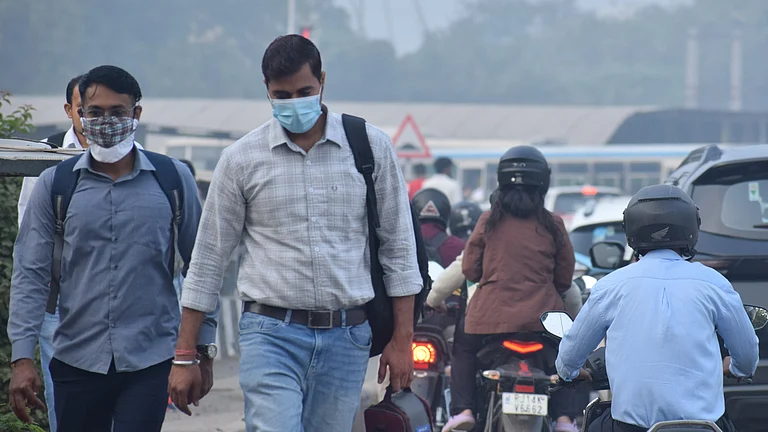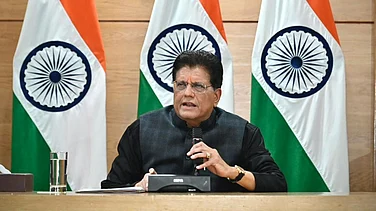India’s retirement system has improved slightly from 2021, ranking 41 out of the 44 countries examined, revealed the 2022 Mercer CFA Institute Global Pension Index survey (MCGPI) released Tuesday.
Iceland topped the list, followed by the Netherlands, while Thailand ranked last, according to the survey. Portugal was the new addition to the study this year.
The study showed India’s overall index value rose from 43.3 in 2021 to 44.4, boosted by an increase in net replacement rates.
In a press release, Preeti Chandrashekhar, India Business Leader at Mercer – Health and Wealth, said: “The results from this year’s Mercer CFA Institute Global Pension Index show that India’s pension system is getting stronger, but also highlights how much work still need to be done.”
She stressed that India needs inclusive programs for all workers, including those in the gig economy while noting that subscribers under the National Pension System (NPS) have been increasing.
The Survey
The global pension index is a joint project of the CFA Institute, an international association of investment professionals, the Monash Centre for Financial Studies (MCFS), an economic research organisation, and Mercer, a leading US-based global asset management firm.
The 44 global pension systems included in the survey, accounted for 65 per cent of the world’s population. The research highlights the shortcomings in each system and suggests possible remedies for sustainable retirement benefits. The index uses the weighted average of adequacy, sustainability, and integrity to measure each retirement system against more than 50 indicators.
The index measured the strengths of each retirement pension system in three broad parameters: adequacy, sustainability, and integrity. India scored 37.6, 40.7, and 60.4, respectively, in each sub-index. The study showed India’s adequacy score improved from 33.5 in 2021 due to “an increase in the net replacement rates and the revised scoring methodology to calculate minimum pension.”
Strengthening Regulations
It noted that by boosting coverage under the private pension arrangements, India could significantly improve the adequacy and sustainability sub-indices, given the country’s lack of social security coverage. The study called for strengthening regulations to provide robust private pension plans.
With over 95 per cent of the total workforce in the unorganised sector, India needs a strong private pension system to facilitate wider coverage and inclusive benefits.
Over the past decade, the government has initiated several pension reforms, and these changes are
expected to facilitate increased participation in private pensions and higher savings, the study said.
Sivananth Ramachandran, the director of Capital Markets Policy, India, CFA Institute, said, “India faces short-term macroeconomic risks from higher prices, rising interest rates, and widening current account deficits, but, with its strong economy, is better positioned to weather them.”
He added policymakers should continue to focus on long-term issues, such as improving the pension benefits for the poor and widening the pension coverage for the unorganised sector.
Chandrashekhar noted that India’s inadequate social security system had accentuated the impact of the pandemic, global conflicts, and volatile interest rates.
In the survey, Iceland topped the list with an overall index value of 84.7, followed by the Netherlands at 84.6 and Denmark at 82.0. On the other hand, Thailand had the lowest index value at 41.7.
























.png?w=200&auto=format%2Ccompress&fit=max)






